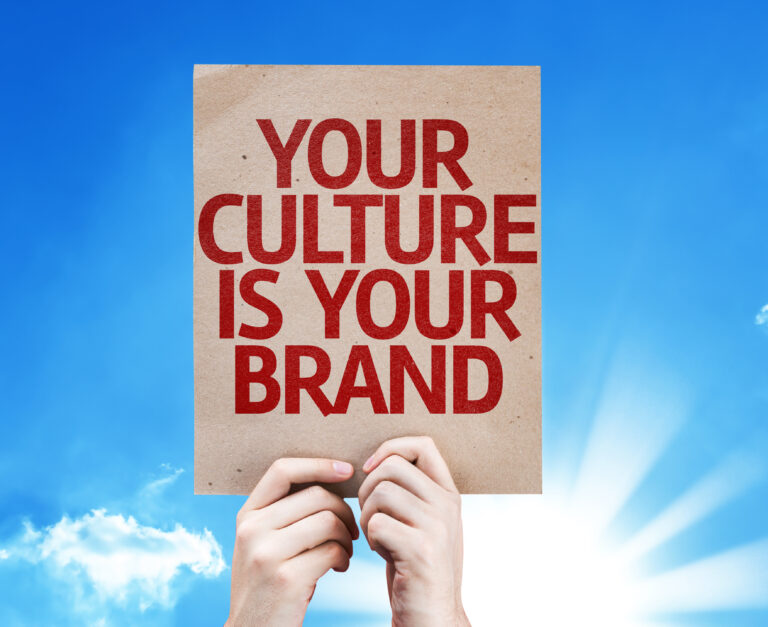In my last blog post, I talked about the power of visualisation for career development and the benefits to employees.
But visualisation is not only helpful at an employee level. It can also be helpful at an organisational level. In this blog post I’d like to share my experience of helping a client visualise a culture of growth and career development.
It was at a conference for their top 100 leaders. One of the themes of the conference was Talent Management and the purpose of our half-day session was to help delegates:
- Understand the importance of talent conversations
- Hold good quality conversations which allow them to gauge both the aspiration and potential of their employees
- Link those conversations to the expectations outlined in the leadership charter
We currently deliver our Career Conversations Programmes in the organisation so it was important to connect to those. But we wanted the session to have a different focus and experience.
Visualising a Culture of Career Development
I introduced the session with some key messages about the power of visualisation and beginning with the end in mind as shared in Picture This! Harnessing the Power of Visualisation in Career Conversations.
I then set up a fun, creative activity about imagining a future where their organisation has a “perfect” culture for career development.
The way we used visualisation in this activity was that we tasked each table group with developing a storyboard for a TV documentary. It was to be about how the organisation has become famous for developing future leaders. The storyboard should show what people are doing and saying that engages, retains and develops talent. It should also show how the top 100 were role modelling the behaviours in the Leadership Charter.
The value of such an activity is that it forces people to move away from intangible concepts like feelings and emotions. Those can sometimes dominate discussions around culture but can lead to ambiguity. Instead, it encourages them to focus on tangible evidence of the actions and behaviours that create the culture they wish to achieve.
We reinforced this by emphasising that everything in the storyboard must be visible or audible. They needed to show tangible evidence to illustrate their themes. They were allowed to caption pictures, or use speech bubbles for dialogue.
We provided them with the following example of a storyboard created by a previous client

In the interests of confidentiality, I won’t share any of the actual storyboards produced by the participants. But across the ten tables, there were some clear, consistent themes which were:
- Agile and flexible career paths. They wanted career development to recognise that different people have different aspirations. Everyone has their own definition of success. They also wanted to recognise that everyone’s career journey is different and needs to respond and adapt as they and their life changes.
- Opportunities for experience and experimentation. People were committed to the sector they are part of. They wanted the opportunity to learn about different roles across the sector not only in their part of the organisation. And they wanted to experience and experiment with new roles. They suggested secondments, job shadowing, projects and assignments.
- Career conversations. A key theme was that they wanted to spend more time talking, listening and thinking about career development.
- Taking ownership of their own career development. These leaders recognised that they needed to develop themselves to develop others. And that would mean asking for and gaining the support they needed.
- Role modelling. They also recognised that they needed to encourage their team members to take ownership of their career development. That would mean providing them with the support to do that.
The storyboard generated great energy and discussion around the culture they wanted to create. But that is only of benefit if it translates into meaningful action. Creating these detailed pictures allowed the top 100 leaders to then discuss and agree specific actions. Each person committed to the first action they would take to make those pictures a reality. That is one hundred steps towards a culture of career development.
The feedback from participants was very positive.
When asked about what benefits they had personally derived from the conference, comments included:
Made me think about my career aspirations
I now have tools to use myself and to cascade down to my team managers
Will instigate and follow through on career conversations
Emphasis on career progression has influenced me to pursue development opportunities for myself and the team
Now able to have a better career conversation with my team
Reaffirmed my career needs
Move forward on people’s career aspirations
Gained better insight into career conversations
I have committed to review and re-implement the career development meetings with my staff, utilising the framework and questions advised at the conference
If you want to find out more about our Career Development programmes or want to discuss your organisations requirements please do get in touch.



